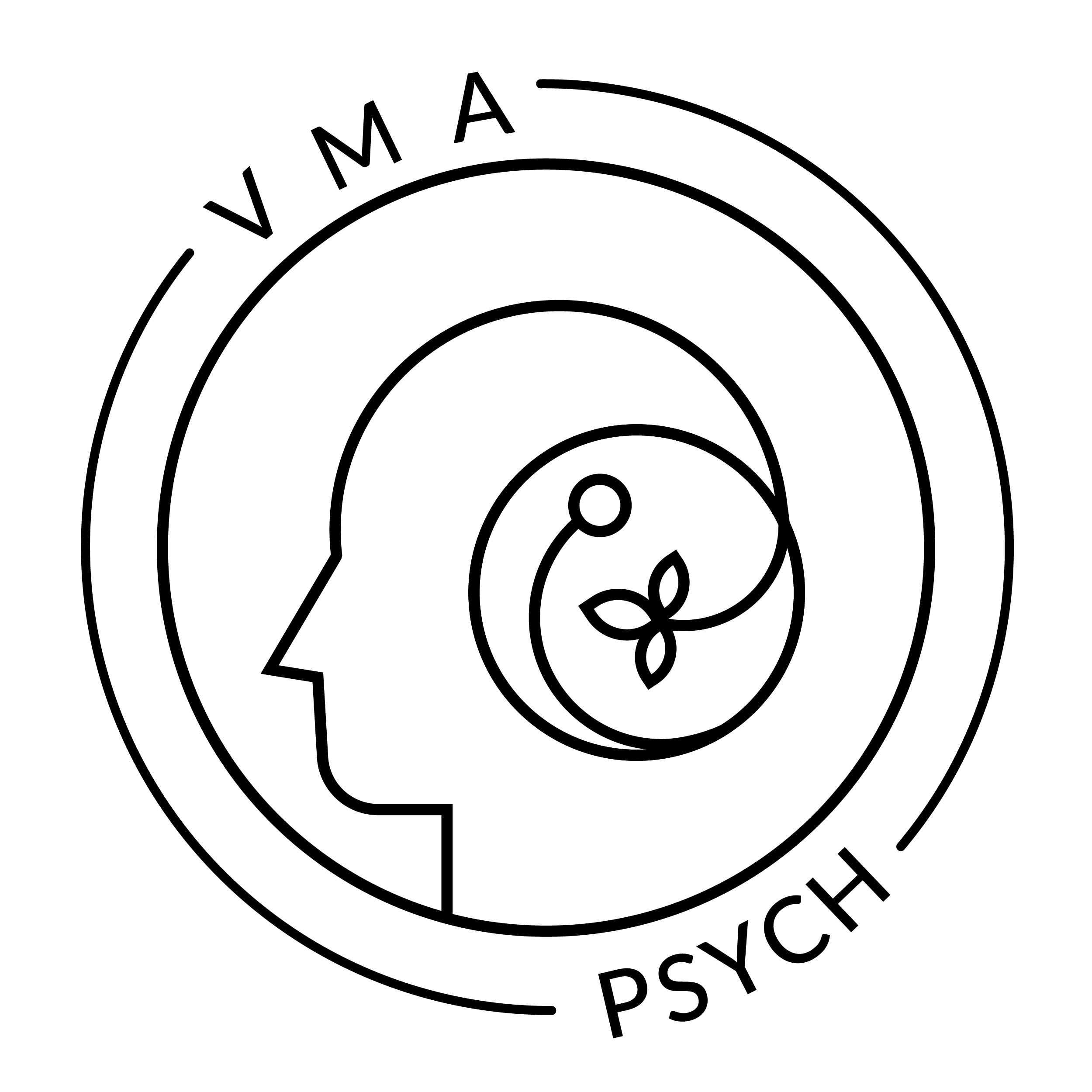It is commonly known that teenagers go through many forms of behavioural changes during adolescence. It can be a challenging time as they navigate the transition from childhood to adulthood, hormonal changes, and a developing brain. While some changes are natural and expected, others may signal deeper concerns that could require immediate attention. In this article, we identify and recognize potentially troubling behaviours that might indicate something more serious. By being aware of these red flags, early intervention is possible, preventing more significant issues or riskier behaviours from developing over time.
1. Sudden Academic Decline
One of the first signs of trouble for a teen is often noticeable in a sudden drop in grades, lack of interest in schoolwork, or skipping classes altogether. Teens who were previously engaged and consistent with their studies may begin to show disinterest, submit late assignments, or start failing classes without an apparent reason. Stress from a heavy workload or mental health challenges such as depression or anxiety often lead to difficulty concentrating or lack of motivation. This behaviour in academic decline is also increased if the teen is subject to social pressure or bullying from peers.
If you've seen a decline in academic performance, a psychoeducational assessment could help them get back on track. This assessment identifies learning disabilities, behavioural issues, and mental health conditions that may impact both education and daily life. To explore the benefits and process of a psychoeducational assessment, check out our article What is a Psychoeducational Assessment: The Benefits and Process.
2. Withdrawal from Family and Friends
Antisocial behaviours, such as isolating themselves from family and friends, can often be another red flag to watch for. While it’s normal for teens to crave more independence and alone time, a complete withdrawal from social activities and relationships is a concern. Teens may avoid family dinners, or stop hanging out with their usual group of friends. Teens may withdraw because they feel misunderstood, ashamed, or overwhelmed by their emotions. Social issues like bullying, peer rejection, or feelings of inadequacy can lead to social isolation as well. Additionally, withdrawal from family can occur when teens feel they can’t relate to or communicate with their parents and siblings, often leading them to retreat to their rooms or devices as a form of escape and isolation.

3. Extreme Mood Swings
Teens are known for their mood swings (we’ve all been there), but when these emotional shifts become extreme or unpredictable, it might be time to pay closer attention. These behaviours can manifest as anger, sadness, irritability, and extreme changes in mood without a clear cause. While some mood swings are a natural part of adolescence due to hormonal changes, prolonged mood swings can be linked to underlying mental health concerns. Certain mood disorders like major depressive disorder, bipolar disorder, or disruptive mood dysregulation disorder (DMDD) could be a potential cause for frequent changes in mood. Stress from school, social pressures, or conflicts with friends or family, or parents/guardians can exacerbate mood swings. In some cases, unprocessed trauma or unresolved emotional issues can also lead to unpredictable emotional responses. Note: avoid self-diagnosing or labelling your teenager with unconfirmed mental health conditions. Consult a mental health professional for proper guidance and diagnosis.
4. Substance Abuse
Substance use among teens is an increasing concern. While experimentation with drugs, alcohol, and smoking is common for this age group, it can quickly escalate into a serious mental and physical health issue. Signs of substance abuse may include sudden academic problems, drastic behavioural changes, mental or physical changes, an apathetic approach toward former interests, or a sudden change in friends, or finding substances or paraphernalia.
Teens often try drugs or alcohol to fit in with peers or to ease social anxiety. Those dealing with stress, anxiety, depression, or trauma may turn to substances as a way to cope. Without healthy outlets for their emotions, teens may use drugs or alcohol to escape or numb their feelings, which can follow them into adulthood. The risk of substance abuse is even higher when there is a family history of addiction.
5. Risky or Rebellious Behaviour
Teenagers naturally push boundaries. This stage of development naturally challenges family norms as adolescents behind to form their self-identity. This is a healthy and necessary part of becoming independent from childhood beliefs and structures. This process of individuation is essential for developing a confident sense of self as they approach adulthood. While it can be frustrating for parents, it is a normal part of adolescence.
However, concerns arise when this rebellion involves high-risk behaviours or issues with the law. Risky behaviours may include reckless driving, shoplifting, substance abuse, or unsafe sexual activities. Teens often engage in these actions to assert independence, test their limits, or as a way to cope with emotional challenges. Peer pressure, social media, and friends can also influence rebellious choices. In some cases, these behaviours may be linked to deeper issues like unresolved trauma, depression, low self-esteem, or a desire to fit in.
Why These Red Flags Matter
Importance of Early Intervention
Recognizing these red flags early is essential for timely intervention. Mental health challenges, academic decline, and high-risk behaviours often worsen if ignored. Early support can improve outcomes, helping to prevent long-term consequences like poor academic performance, strained relationships, and more serious mental or physical health issues. Teens who receive proper intervention are more likely to develop healthy coping skills and make better decisions as they grow and mature.
Long-Term Effects if Untreated
If these behaviours are ignored, they may escalate over time. Untreated depression or anxiety can develop into chronic mental health disorders, while substance abuse and risky behaviours can lead to addiction or legal problems. Addressing these issues early increases the chances of preventing long-term negative consequences.
If your teen is struggling with mental health and related issues, our experienced professionals are here to help. Take the first step toward a healthier, happier future by booking a consultation with VMA Psych today. We're here to support you and your family every step of the way!
How to Approach and Support a Teen
Open and Non-Judgmental Communication:
Create a safe space for your teen to talk without fear of judgement or punishment. Although it might be difficult, approach conversations with empathy, and a focus on understanding. Avoid criticising their behaviour or creating unrealistic expectations which may drive them further away. Work on active listening and validating their experiences and feelings, which will help build trust and encourage openness.
It's important to let them know they can come to you with any issue, fostering a stronger bond and relationship. While we naturally want to be there for our children, they may sometimes feel more comfortable confiding in friends, teachers, or counsellors. Although this can be hard to accept, their development and mental health should always come first. Support them where you can, but don’t push them to open up before they’re ready. Instead, focus on being a reliable, understanding presence in their life.

Seek Professional Help and Resources:
There are times when professional intervention is necessary. If your teen is struggling with mental health issues, addiction, or extreme behavioural problems, seeking help from a counsellor, therapist, or school support service is important.* Look for resources such as hotlines, community organizations, or support groups that specialize in adolescent care.
Building a Supportive Environment:
Creating a nurturing, open environment at home can significantly impact your teen’s well-being. Encourage healthy coping mechanisms, such as physical activities, hobbies, or spending time with loved ones. Maintaining clear communication and setting reasonable boundaries also fosters a sense of security and trust. Approach the subject at hand gently, expressing concern without making your teen feel interrogated. Let them know you’ve noticed significant changes in their behaviour and ask how they’re feeling. It’s important to create a supportive environment where they feel safe opening up. Encouraging your teen to engage in family activities or explore hobbies that involve social interaction can help. However, be careful not to stigmatize their behaviour or push them too hard; instead, offer consistent support and understanding. And remember, they might not see it now, but they will thank you when they’re older.
*This article is not a replacement for professional therapy or mental health services. If you or someone you know is struggling, please reach out to a mental health professional or contact the Ontario Mental Health Helpline at 1-866-531-2600 for immediate support, or contact Kids Help Phone at 686868 (text CONNECT) or message online
Welcome to VMA Psych.
Your trusted provider of exceptional mental health services in the GTA & beyond. Learn More
With 40+ years as Toronto's leading psychologists, we guide individuals through life's complexities, offering specialized services for a brighter future.





















